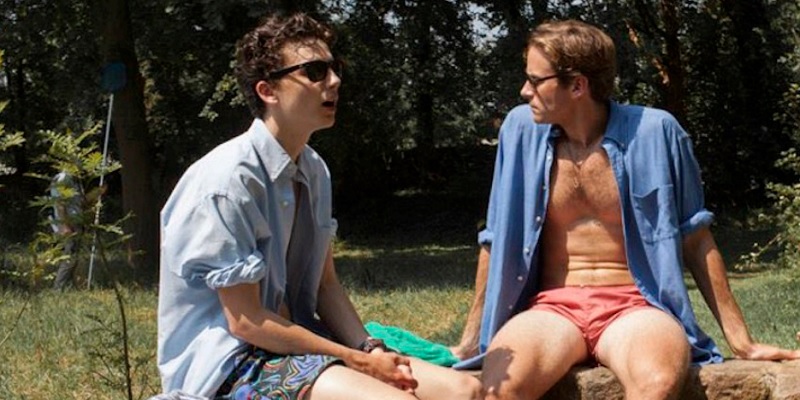Opinion: LGBTQ media and its importance
LGBTQ media is coming into the mainstream. Queer protagonists, queer narratives and multi-dimensional queer storylines are more regularly appearing in the media. Recent films like “Call Me By Your Name” and “Love, Simon,” alongside television shows like “Rupaul’s Drag Race” and “Queer Eye” winning awards left and right.
In the past, LGBTQ-centric media has been commonly known as being unavailable to mainstream audiences, and instead released as straight-to-video, film-festival entries or otherwise obscure indie films. These independent films would be set aside and tucked away in their own section of the video store. LGBTQ films and television shows were also rarely acknowledged as Academy or Emmy award winning material. Nevertheless, LGBTQ storylines now have a wider audience and are getting the attention they deserve.
The impact of LGBTQ-oriented material usually flew under the radar. It wasn’t long ago that LGBTQ characters were difficult to find in mass media — unless they were portrayed as stereotypes, one-dimensional characters or brief side-plots for controversies sake. LGBTQ-oriented films or television shows were few and far between.
Now, LGBTQ characters and actors have a chance to represent the multidimensional lives and challenges real LGBTQ people face on the screen. For what was once a taboo, such exposure isn’t just important for the characters the actors play but also the public that sees the show. LGBTQ media normalizes LGBTQ persons, makes the audience familiar with LGBTQ lives, and demystifies their experiences, culture and outlooks on life.
It’s hard to imagine what the impacts of these films could have had if they’d debuted even just 10 years ago. When I was young — and before I knew I was gay — I never saw nor thought to seek out these kinds of stories or perspectives. The first time I saw a gay people on television was at 11 or 12 years old on a wedding-planning show on TLC. At the time, seeing a gay couple on the screen was astonishing because I never understood that it was possible for two men to be in love. Personally, that eye-opening moment helped me reflect on who I was and what I felt, and in a sense helped me accept my truth and know who I am. In that moment, it legitimized the strange feelings I was having at that point in my life and helped me understand that I wasn’t completely alone in my differences. In a way, it helped me legitimize myself.
LGBTQ visibility matters, and the impact of this media has far reaching effects for the LGBTQ community and the world. Let’s continue to show ourselves new ways of understanding love and belonging — we’ll all benefit from it.





